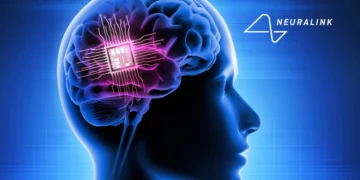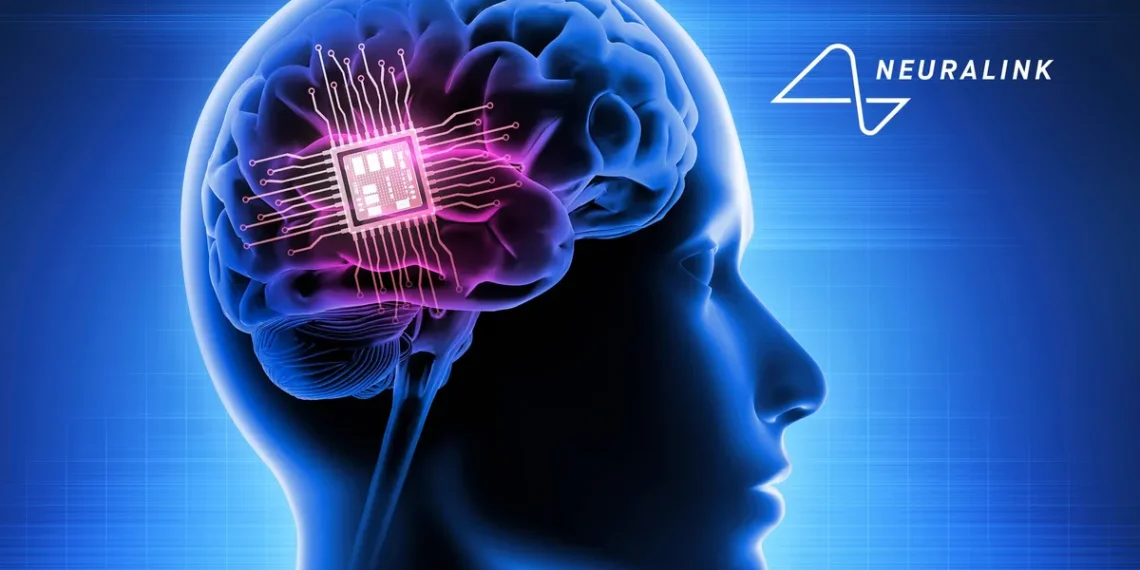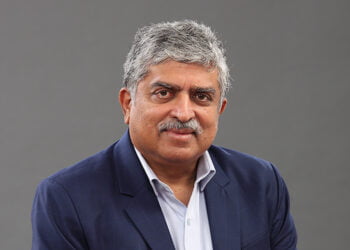The breakthrough technology aims to restore sight for the blind and visually impaired
Athira Sethu
Kochi, 18 September 2024
Elon Musk’s company, Neuralink, has made a significant announcement regarding its experimental brain implant designed to restore vision. On Tuesday, the company revealed that its device has received the “breakthrough device” designation from the US Food and Drug Administration (FDA). This recognition marks an important milestone in the development of advanced medical technology aimed at treating serious health conditions.
The FDA grants the breakthrough device designation to medical innovations that can diagnose or treat life-threatening or severely debilitating conditions. This designation helps speed up the development and review process, offering hope to patients who have limited treatment options.
Neuralink’s vision-restoring device, named Blindsight, aims to help individuals who have lost their eyesight, even those who no longer have functional optic nerves. Elon Musk stated on social media that Blindsight could allow these individuals to regain sight. Additionally, the device could enable people who have been blind since birth to see for the first time, provided their visual cortex is intact.
While the breakthrough designation is promising, Neuralink has not yet shared information on when human trials for Blindsight will begin. The FDA has also not released further comments regarding the device.
Founded in 2016 by Elon Musk and a group of engineers, Neuralink is working on a brain-chip interface that can be implanted in the skull. This technology aims to assist patients with disabilities in moving, communicating, and now potentially restoring their vision. The chip is designed to process and transmit neural signals, which can then be sent to external devices like computers or smartphones.
In addition to the vision-restoring device, Neuralink is also testing another implant that allows paralyzed patients to control digital devices with their thoughts. This technology could be revolutionary for individuals with spinal cord injuries. A trial is planned to assess the effectiveness of this device with three patients over several years, as reported in the U.S. government’s clinical trials database.
Earlier this year, Neuralink successfully implanted its brain chip in a second patient, who is now using it to play video games and learn 3D design. This advancement offers a glimpse into the future of brain-computer interfaces and their potential impact on daily life for those with disabilities.





















